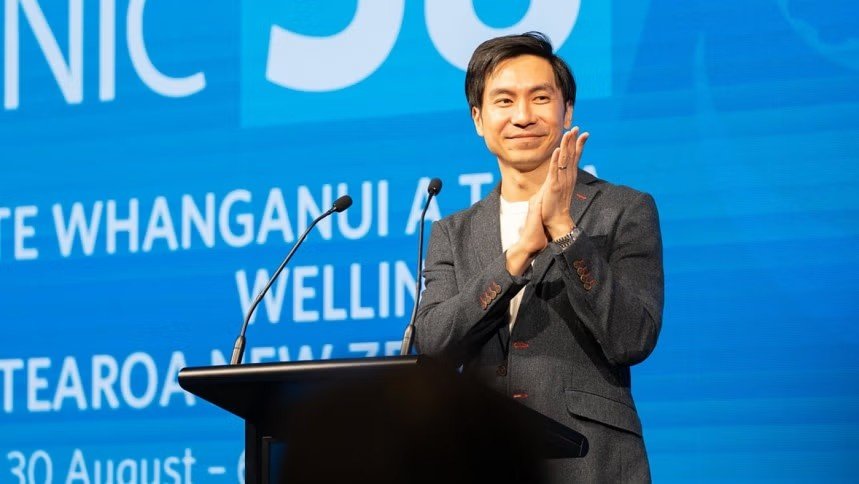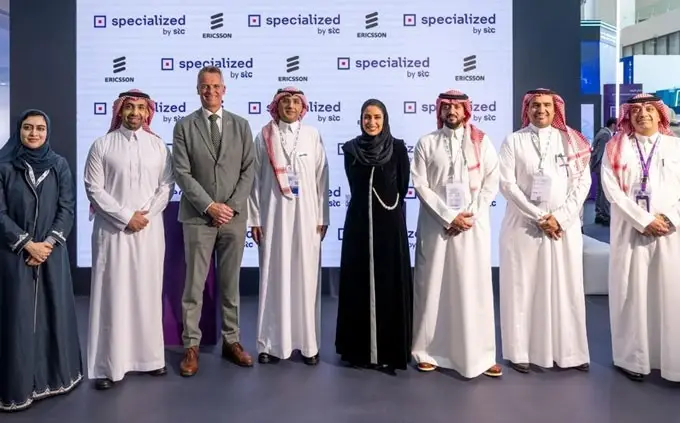Jia Rong Low, the newly appointed Director General of the Asia Pacific Network Information Centre (APNIC), believes Bangladesh is on the verge of a significant digital transformation. Speaking at the APRICOT 2025 & APNIC 59 conference in Malaysia, Low outlined the country’s progress and challenges in key areas such as IPv6 deployment, policy participation, and internet community engagement.
In an exclusive interview, Low shared his perspective on how Bangladesh can sustain its momentum in internet development.
Q: How do you view the current state of Bangladesh’s internet infrastructure and its operational community?
“Bangladesh ranks second among APNIC’s direct membership economies and is also the fastest-growing. This reflects a strong increase in local internet operator activity. Over the past four years, APNIC has conducted 27 training workshops in Bangladesh, showcasing demand and engagement. This growth is contributing not just to the digital ecosystem but to broader economic development. I see this as just the beginning.”
Q: What is your view on participation from non-technical actors—such as policymakers and journalists—in technical events like APNIC and APRICOT?
“The landscape is shifting. At ICANN, we’ve seen increasing engagement from policymakers, and APNIC has followed suit, transitioning from purely technical discussions to a more inclusive space where policymakers contribute. A great example is Shaila Sharmin from Bangladesh, co-chair of the Policy SIG. We’re also seeing more interest from regional regulators and journalists, though participation often depends on the relevance of the topic. For example, a WHOIS policy discussion might seem dry, but when privacy and legal frameworks come into play, it sparks wider engagement.”
Q: With significant membership in Bangladesh, what are APNIC’s regular activities for local members? How might this support evolve?
“We’ve focused heavily on training—those 27 workshops are just part of a broader strategy. We also collaborate with local Network Operator Groups (NOGs), providing platforms for ongoing engagement. I recently updated our strategic plan, which now includes a focus on creating a knowledge exchange space. This will unify various platforms—our blog, podcast, mailing lists, and conferences—to foster more cohesive dialogue. For Bangladesh, we want to move beyond traditional training and provide more targeted support for IPv6 and RPKI adoption. IPv6 deployment has grown from 2% to 19%, but smaller operators still lag behind. The challenge is determining whether more training is needed or if other incentives are required.”
Q: Bangladeshi members currently benefit from a discounted fee as an LDC. With graduation forecast for 2027, what’s APNIC’s plan regarding membership fees?
“APNIC offers a 50% discount for members from least developed countries (LDCs), and once Bangladesh graduates from LDC status in 2027, that discount would no longer apply. While this policy is tied to UN classifications, we acknowledge that Bangladesh’s economic progress should be celebrated. We’re also mindful of potential challenges for smaller members post-graduation and are open to working with them on adjusted payment schedules.”
Q: Are you satisfied with Bangladesh’s IPv6 progress? What more can APNIC do?
“The progress is encouraging, but there’s still much to be done. IPv6 adoption varies by economy. For example, Reliance Jio’s move to IPv6 in India created a ripple effect. In other cases, government policies play a major role. APNIC is ready to support through more training, executive-level awareness, or policy advocacy. The key is identifying which actions will drive further adoption.”
Q: Is APNIC currently engaging with the Bangladeshi government on IPv6 deployment within public organizations?
“I plan to visit Bangladesh, hopefully during bdNOG in May, and I look forward to meeting government officials. This will help us align resources with national priorities. Governments across the region are generally supportive of IPv6, and with global adoption surpassing 50% this year, we have compelling data to back our advocacy. We hope to collaborate more closely with the Bangladeshi government and other stakeholders during this visit.”















